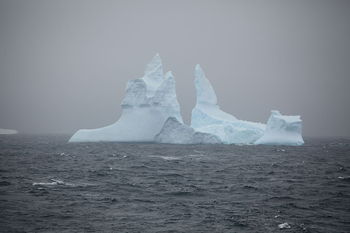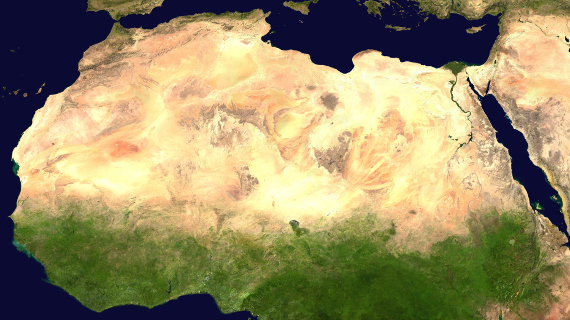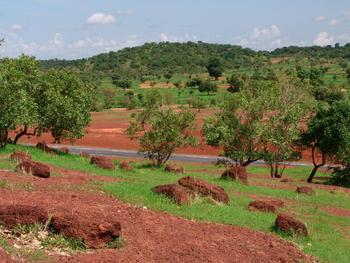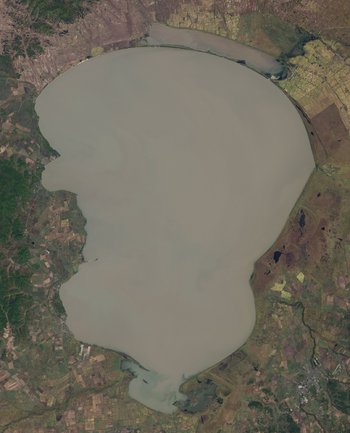In the years after the IPCC's Fourth Assessment Report a small group of scientists claimed to have demonstrated that carbon sinks were weakening, so that a progressively smaller proportion of carbon dioxide emissions would be mopped up and locked away. Alarm, it would seem, was required. Josep Canadell and Michael Raupach, both of CSIRO, together with Corinne le Quere of UEA, published these claims in a series of papers from 2007-9 and their ideas have led to a great deal of worry among climatologists and licking of lips among environmentalists.
 However, since then other scientists have challenged these views. Emanuel Gloor at Leeds published a paper that found that that the earlier claims were assigning to carbon sink weakening changes that should have been explained by other factors, like land-use change.
However, since then other scientists have challenged these views. Emanuel Gloor at Leeds published a paper that found that that the earlier claims were assigning to carbon sink weakening changes that should have been explained by other factors, like land-use change.
One of the carbon sinks that was claimed to be weakening was the Southern Ocean, but last night, Science published another paper (£) that finds that this was wrong too:
Several studies have suggested that the carbon sink in the Southern Ocean—the ocean’s strongest region for the uptake of anthropogenic CO2 —has weakened in recent decades. We demonstrated, on the basis of multidecadal analyses of surface ocean CO2 observations, that this weakening trend stopped around 2002, and by 2012, the Southern Ocean had regained its expected strength based on the growth of atmospheric CO2. All three Southern Ocean sectors have contributed to this reinvigoration of the carbon sink, yet differences in the processes between sectors exist, related to a tendency toward a zonally more asymmetric atmospheric circulation. The large decadal variations in the Southern Ocean carbon sink suggest a rather dynamic ocean carbon cycle that varies more in time than previously recognized.
 Bishop Hill
Bishop Hill  Sep 15, 2015
Sep 15, 2015  Climate: WG2
Climate: WG2  Another paper has confirmed that the Sahel is greening. A team from South Dakota State University led by Armel Kaptué have looked again and confirmed earlier reports:
Another paper has confirmed that the Sahel is greening. A team from South Dakota State University led by Armel Kaptué have looked again and confirmed earlier reports:











